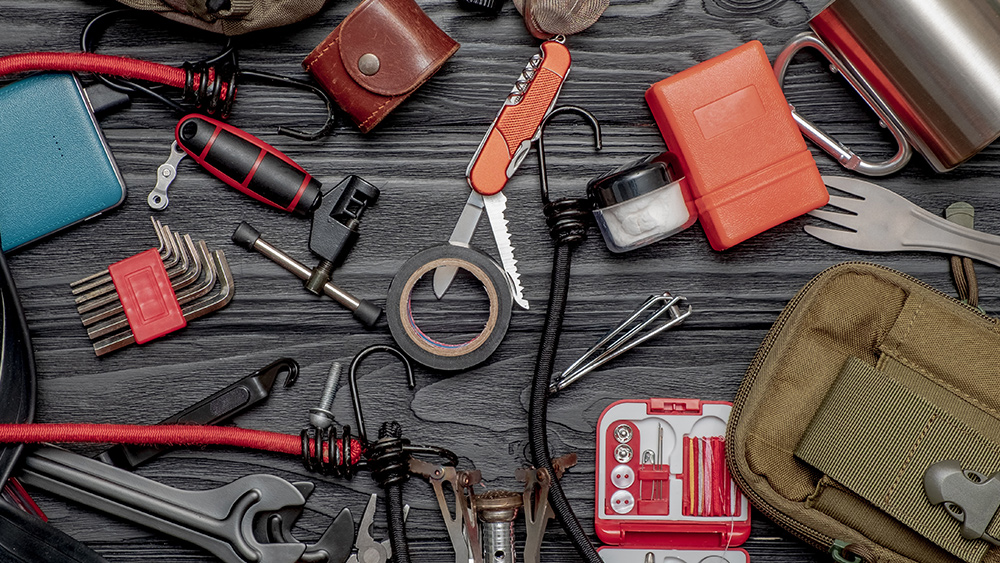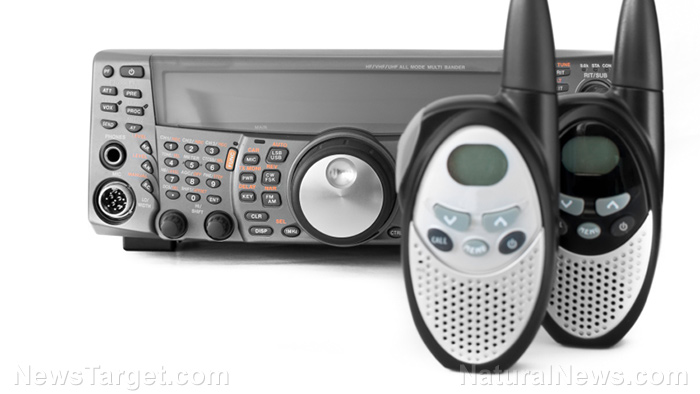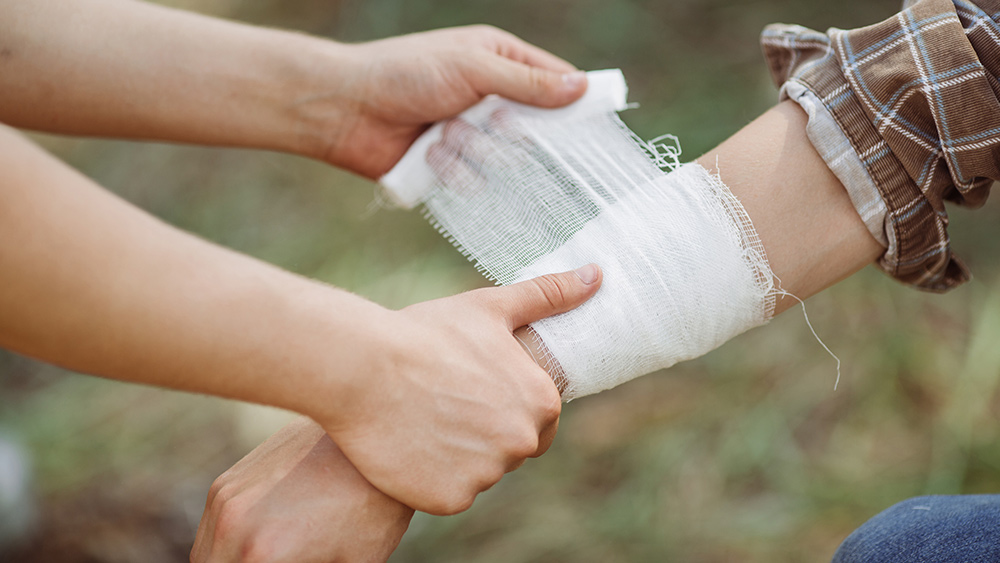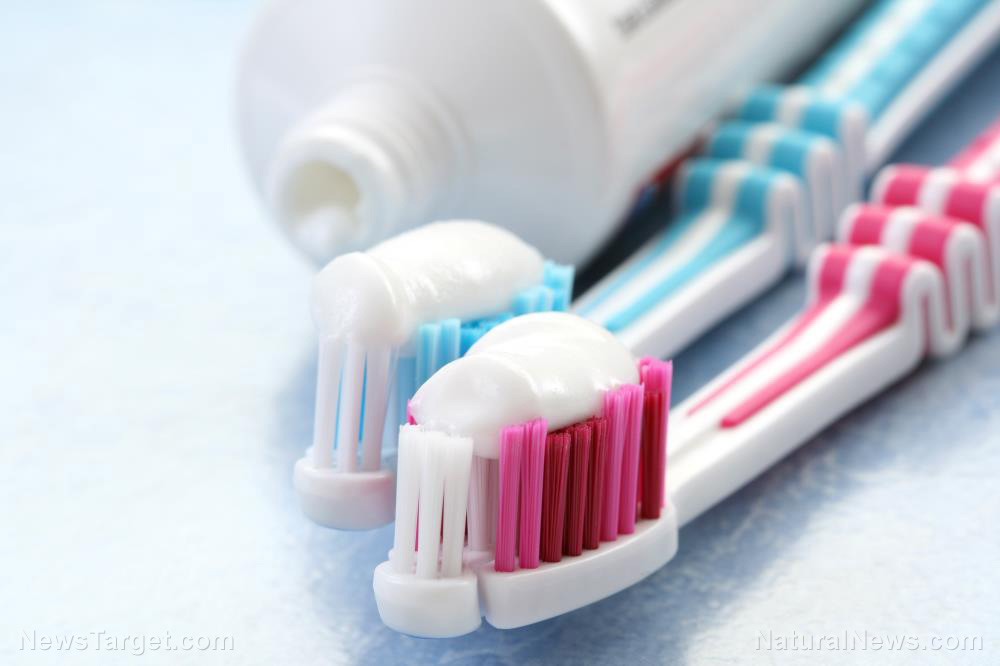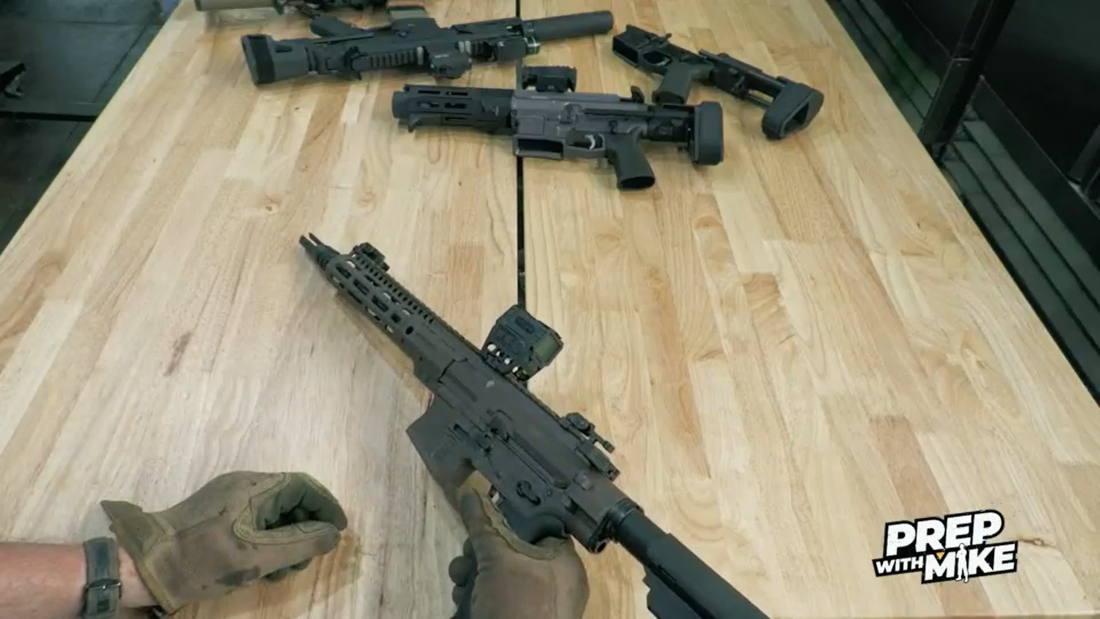Survival essentials: How to prepare for medical equipment dependencies when SHTF
11/17/2020 / By Virgilio Marin
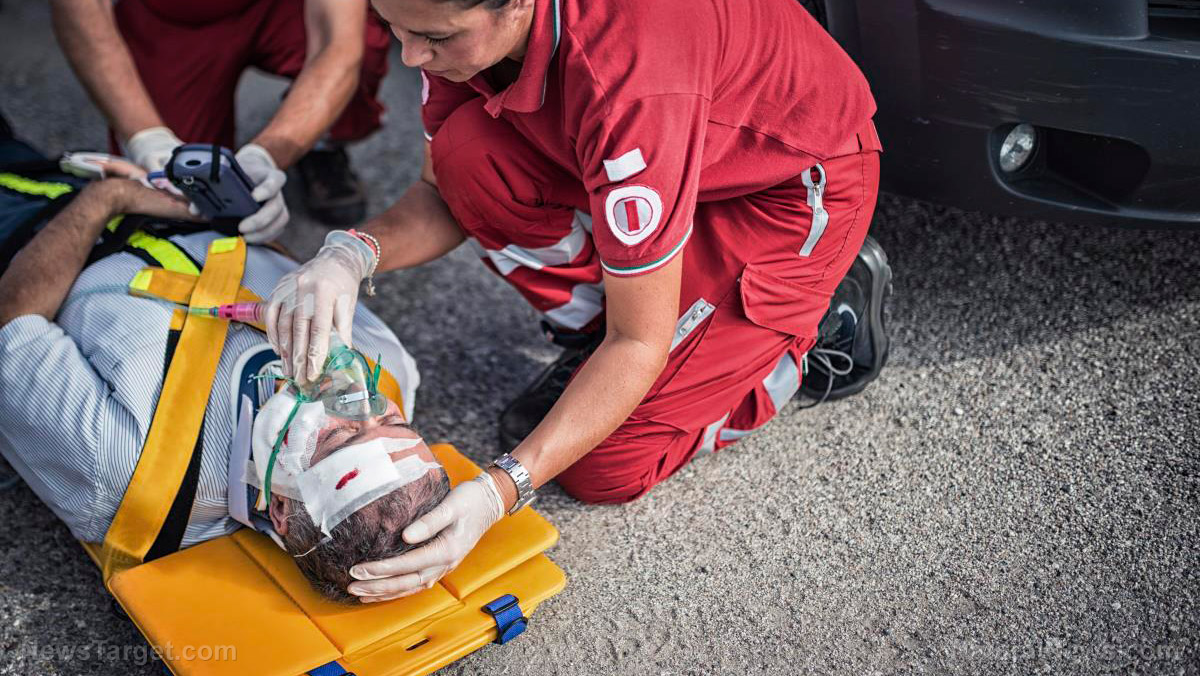
People with severe conditions are vulnerable to the hazards that come after SHTF. This is especially true for individuals who are dependent on medical equipment for their day-to-day survival. The elderly are the first people to come to mind in this situation, but they’re not the only ones who depend on medical equipment to stay alive. Anyone who relies on ventilators, feeding equipment, nebulizers, dialysis machines or other electric medical devices will be greatly affected when the power grid goes down.
If you have a loved one dependent on medical equipment, the most important step is to create an emergency plan in preparation for a power outage. (h/t to ReadyNutrition.com)
Finding alternatives to electric medical devices
The equipment used by the patient will dictate your emergency preparedness plan. If the equipment needs to be plugged into an electrical outlet, you need to find a battery-powered device that can serve as a backup. The device’s quality and durability are critical for emergencies, so you should contact a medical professional before selecting a device.
Stockpile batteries and look into alternative ways of charging batteries. For instance, you can charge via your car using a USB adapter or harness solar power using solar-powered battery chargers. Because some devices may not function well after a long period of being unused, regularly check the backup equipment to ensure it will function properly in an emergency.
The storage of the device is important too. Label the device and put it someplace out of the reach of children, but avoid storing it in places where the sick cannot get it himself. For example, you don’t want to put the device on the top shelf if the person cannot walk, as he wouldn’t be able to access it in case he’s alone the moment the need for it arrives. (Related: Prepping on a budget: Tips and tricks for preppers with limited storage space.)
If you fail to find a battery-powered backup device, you can explore alternatives that do not require electricity. For instance, stroke survivors on ventilators may be able to survive off a resuscitation bag for even a few hours, and asthmatic individuals who use nebulizers can use inhalers with spacers.
You can also look into natural remedies to alleviate some medical conditions. For example, people with kidney stones can benefit from eating more foods rich in oxalates, such as leafy greens, fruits, and cocoa.
If all bets are off, consider alternative forms of electricity. Some generators can power your home for an extended period of time and seamlessly kick off as soon as the electricity goes out. But before buying a generator, you need to ask yourself how much power you’ll need to know which generators can satisfy your energy requirements.
Coordinating with concerned agencies
Several utility companies have a database of “priority people” who need power restored as soon as possible, including those reliant on medical equipment. You can also communicate with your electricity provider about programs that help the disabled respond in emergencies.
In addition, the Department of Health and Human Services has a directory called HHS emPOWER Map that helps first responders locate individuals in the community who use electricity-dependent devices. This is updated monthly and displays the total number of at-risk Medicare beneficiaries in a geographic area.
Be sure to coordinate with local and state organizations that help care for people dependent on medical equipment. This boost will augment your emergency plans and better ensure that your loved ones will be safe in the event of a prolonged power outage.
Sources include:
Submit a correction >>
Tagged Under:
disaster, electricity, emergency preparation, generators, Medical Equipment, medical equipment dependency, Power Outage, preparedness, prepper, prepping, SHTF, survival, survival essentials, survivalist
This article may contain statements that reflect the opinion of the author
RECENT NEWS & ARTICLES
COPYRIGHT © 2017 GEAR.NEWS
All content posted on this site is protected under Free Speech. Gear.news is not responsible for content written by contributing authors. The information on this site is provided for educational and entertainment purposes only. It is not intended as a substitute for professional advice of any kind. Gear.news assumes no responsibility for the use or misuse of this material. All trademarks, registered trademarks and service marks mentioned on this site are the property of their respective owners.


